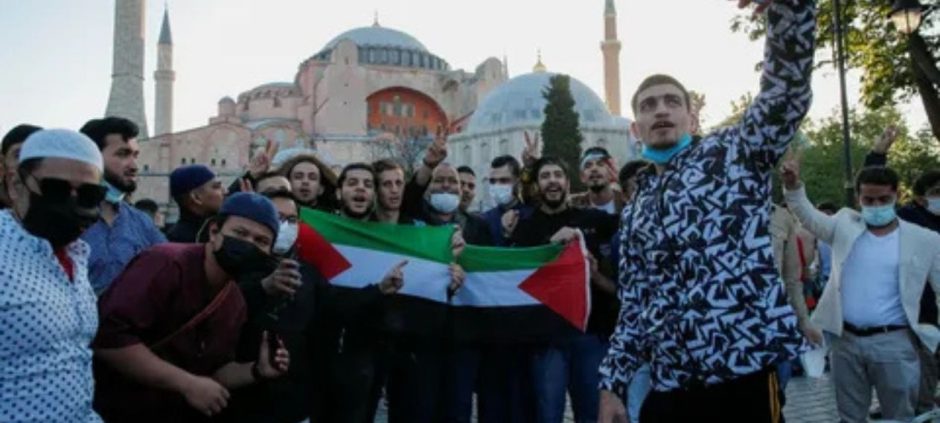Turkey is pushing hard for a united front among Muslim nations to determine the future of Gaza, and the momentum is building fast. The keyword Gaza future plays a crucial role as Ankara gears up. Turkey will host senior foreign ministers from Qatar, Saudi Arabia, the UAE, Jordan, Pakistan, and Indonesia, with the goal of forging a collective stance on Gaza future governance.
The appeal for unity comes as the truce in Gaza remains fragile, with major questions still unresolved. Turkey’s foreign minister is expected to call for Gaza’s future security and governance to be placed directly in Palestinian hands, warning that a ceasefire alone won’t secure lasting peace.
In recent weeks, Turkey has ramped up diplomatic pressure, urging Muslim countries to set aside differences and work together for what it regards as a fair resolution. It argues that global powers have largely failed to secure a real path toward stability and insists that a coordinated Muslim position is essential for the future.
Turkey’s move adds new shape to regional diplomacy, especially since the war has already stretched into its second year. Ankara has made clear that humanitarian relief, control over Gaza’s borders, and the timeline for withdrawal of Israeli forces are deeply tied to the question of what comes next, the Gaza future.
Observers say Turkey is positioning itself not just as a critic of Israeli policy but as a broker for a new order in Gaza, one where Muslim states play a defining role. The upcoming meeting in Istanbul is seen as a test of whether Ankara can convert diplomatic intent into action on the ground.
While Turkey rallies its allies, challenges remain. Key players may differ on how far they’re willing to go, and Israel has already signalled it will reject Turkish military involvement in Gaza, complicating any operational role Turkey might hope to play in shaping the Gaza future.
Still, the message is clear: Turkey believes that without a strong, cohesive Muslim coalition, the Gaza truce risks collapsing and the Gaza future could slip into chaos. Whether this push will translate into real policy shifts remains to be seen, but the diplomatic stakes just climbed higher.











